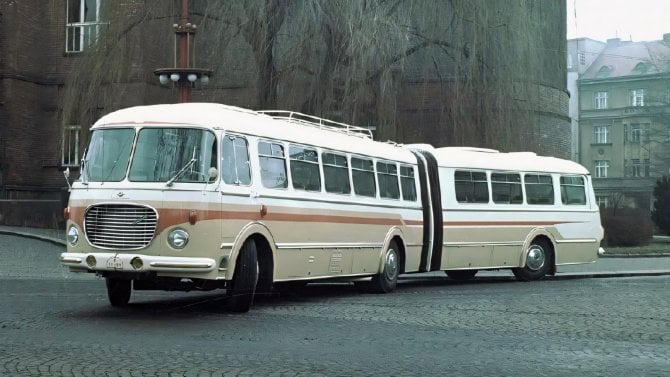(Adds background, details)
VIENNA, Oct 4 (Reuters) - Delays in plans to adopt the euro by central Europe's biggest economies are at odds with the promises they made when entering the European Union, European Central Bank Governing Council member Klaus Liebscher said.
At a business gathering on Tuesday, Liebscher expressed concern about a lack of enthusiasm for economic reform, according to a statement on Wednesday by the Austrian central bank, which he heads.
"Liebscher appeared disappointed ... that the eagerness for economic reform had weakened in central Europe's biggest economies," the statement said.
"The repeated delays of the targeted euro accession dates were contrary to agreed obligations to push actively and decisively for the introduction of the euro."
Media were not invited to attend the Vienna event where Liebscher also urged Romania and Bulgaria, which are set to join the European Union next year, to keep up the pace of reforms.
All 10 of the mostly ex-communist countries which joined the European Union in 2004 pledged to adopt the euro by 2010.
But since then only Slovenia has secured agreement to move into the zone in 2007 and several governments have acknowledged in recent weeks that they will keep their currencies at least until the end of this decade.
Hungary, which is battling with proportionately the largest budget deficit in the European Union, dropped its 2010 entry target earlier this year and now has no set date in mind.
Poland's deputy finance minister said yesterday the country aimed to meet euro entry criteria in 2009 and could therefore join the euro zone in 2012, but it would be wrong to rush.
The Czech Republic has also said its 2010 entry date looks highly unlikely in light of a growing fiscal deficit and inflexible labour market.
The Czech Republic, Hungary, Poland and Slovakia have yet to join the euro testing ground of ERM-2. After at least two years in ERM-2, countries must meet five criteria, including budget deficits under 3 pct of GDP, low inflation and stable exchange rates to adopt the euro.
Lithuania, which like Baltic neighbours Estonia and Latvia is in ERM-2, had its 2007 euro adoption bid rejected earlier this year because inflation was slightly above the target.
((Reporting by Boris Groendahl, editing by David Stamp; Vienna Newsroom, phone +43 1 531 12-258))




 Na český trh vstoupil další elektromobil, který má ambice nahradit Golf nebo Octavii. EV4 ujede přes 600 km a stojí pod milion
Na český trh vstoupil další elektromobil, který má ambice nahradit Golf nebo Octavii. EV4 ujede přes 600 km a stojí pod milion
 V Evropě se objevil návrh na to, jak od elektromobilistů vybrat peníze, když neplatí daně z paliva. Zdanit se má soukromé nabíjení i ujeté kilometry
V Evropě se objevil návrh na to, jak od elektromobilistů vybrat peníze, když neplatí daně z paliva. Zdanit se má soukromé nabíjení i ujeté kilometry
 Test Citroen C3 Aircross: Na velikosti záleží
Test Citroen C3 Aircross: Na velikosti záleží
 Po stopách prototypů československých užitkových vozidel. Dochovalo se jich jen minimum
Po stopách prototypů československých užitkových vozidel. Dochovalo se jich jen minimum
 Nastavoval intenzitu elektronické cigarety za volantem, dostal pokutu. Podle soudu je e-cigareta mobil
Nastavoval intenzitu elektronické cigarety za volantem, dostal pokutu. Podle soudu je e-cigareta mobil
